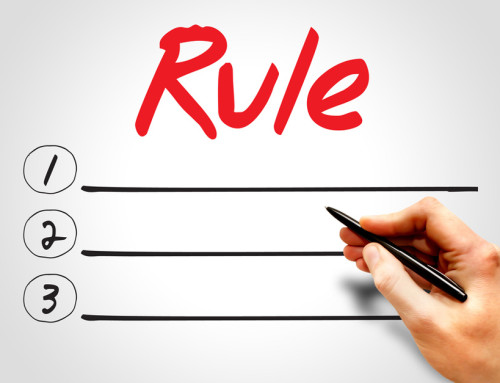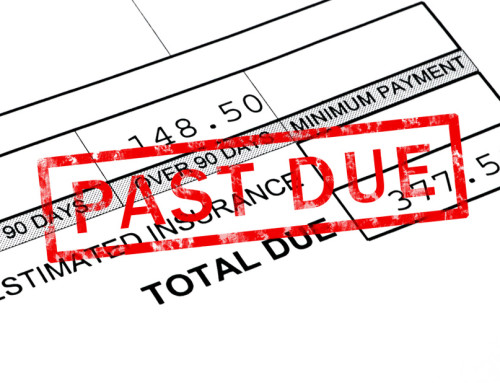The Federal Fair Debt Collection Practices Act (see FDCPA page for more information), the California Fair Debt Collection Practices Act (see Rosenthal page), and the Federal Telephone Consumer Protection Act (see TCPA page), all authorize a private right of action by a person, including the debtor or any other person affected by the provisions of the statutes, to be brought against certain companies for certain damages.
Damages
In 15 U.S.C. 1692k, the Federal FDCPA provides that a debt collector may be liable to a person in an amount equal to: i) any actual damage sustained as a result of the violation; Smith v. Law Offices of Mitchell Kay, 124 B.R. 182 (D. Del. 1991) (actual damages for emotional distress under the FDCPA can be proved independently of state law requirements for a tort action); ii) statutory damages of up to $1,000; Wright v. Finance Service of Norwalk, 22 F.3d 647 (6th Cir. 1994) (plaintiff is limited to additional damages of $1,000 per proceeding, and not per violation); iii) in the case of a class action, statutory damages to each named plaintiff and amounts to other class members not exceeding $500,000 or 1 percent of the collector’s net worth; Sanders v. Jackson, 33 F. Supp. 693 (ND Ill. 1998) (net worth is interpreted as being the difference between assets and liabilities, and not the fair market value); and iv) the costs of the action, including reasonable attorney’s fees; Edwards v. National Business Factors, 897 F. Supp. 458 (D. Nev. 1995) (court was to determine consumer’s reasonable attorney’s fees utilizing the lodestar method of calculating time by the usual and customary rate). The court in a civil action may consider, among other things, the frequency and persistence of non-compliance by the debt collector; whether the actions were intentional; or whether the actions were bona fide errors notwithstanding the maintenance of procedures to prevent such errors. 1692k(b) and (c). Cavallaro v. Shapiro & Kreisman, 933 F. Supp. 1148 (EDNY 1996) (a single violation is sufficient to establish liability).
State Damages
California Civil Code Section 1788.30 also entitles the debtor to receive these same items of relief for violations of the State FDCPA. Section 1788.32 also allows all items of relief to be cumulative and in addition to any remedies provided by other laws, which means if you have violations under both the Federal and State laws, then your monetary damages stack up! Both the State and Federal FDCPA laws also guarantee that our attorney’s fees and costs of litigation are to be paid by the defendant found in violation, which means there is likely no cost to you if we take your FDCPA case.
TCPA
If you are receiving telephone calls that violate the TCPA, then 47 U.S.C. 227(b)(3) entitles you to receive $500-$1,500 PER PHONE CALL. Although attorney’s fees are not guaranteed by the TCPA, we take these cases on a contingency fee basis, which means we recover our attorney’s fees and costs of litigation from the judgment, and there is still no cost to you if we take your TCPA case. Bottom line, if you are being contacted by a debt collector or creditor, there is a strong likelihood that we can recover money for you.
Contact us today to discuss your options to make them stop and perhaps make them pay you damages.







